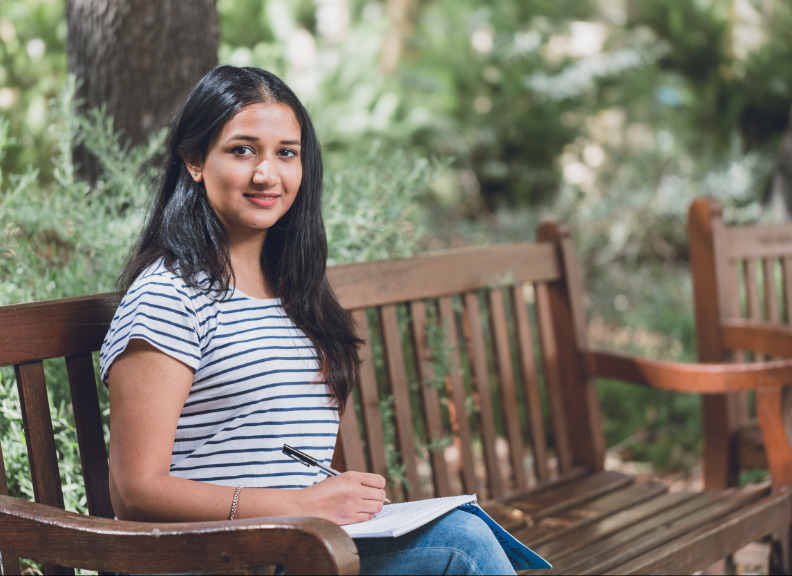PROJECT
Clustering in episodic memory
Extending and testing a theory of episodic memory
Episodic memory refers to our ability to remember when and where events occurred, and specific details of events. A common view of episodic memory is that details of events are associated with a temporal context that provides a unique 'access code' to details in memory (for example, Howard & Kahana, 2002).
In our lab we have published a theory of episodic memory (Farrell, 2012). One important assumption of our theory is that our continuous experience is clustered into discrete episodes, and that information in an episode is bound together by associating it with a common temporal context. The theory accounts for data from episodic memory tasks (free recall) and working memory tasks (serial recall), including individual differences.
The project will extend the Farrell (2012) model and test its predictions. The precise topic would be determined by mutual agreement.
Possible topics include:
- Extending the model to other memory paradigms such as recognition memory and complex span
- Examining the influence of priorisation and reward on memory for clusters of information (where reward is known to enhance episodic memory; for example, Shohamy & Adcock, 2010)
- Understanding how episodic memory might support longer-term learning and extraction of statistical regularities
Most projects would include a mix of experimental work and computational modelling (full training would be provided).
For more background information, see the suggested readings below.
- Suggested readings
-
- Farrell, S. (2012). Temporal clustering and sequencing in working memory and episodic memory. Psychological Review, 119, 223–271.
- Howard, M. W., & Kahana, M. J. (2002). A distributed representation of temporal context. Journal of Mathematical Psychology, 46(3), 269-299.
- Shohamy, D. & Adcock, R. A. (2010). Dopamine and adaptive memory. Trends in cognitive sciences, 14, 464–472.
Research team leader: Professor Simon Farrell
I completed my BSc (Hons) and PhD in Psychology at UWA. I spent two years as a postdoc in Chicago, working with Roger Ratcliff, before taking up a lectureship at the University of Bristol in 2003. In 2014 I returned to UWA to take up an ARC Future Fellowship.
How to apply
Interested in becoming part of this project? Complete the following steps to submit your expression of interest:
Step 1 - Check criteria
General UWA PhD entrance requirements can be found on the Future Students website.
Requirements specific to this project include:
- Programming skills, or familiarity with MATLAB or R, are desirable.
Step 2 - Submit enquiry to research team leader
Step 3 - Lodge application
After you have discussed your project with the research team leader, you should be in a position to proceed to the next step of the UWA application process: Lodge an application. Different application procedures apply to domestic and international students.
Scholarships
- Domestic students
-
All domestic students may apply for Research Training Program and University Postgraduate Awards (UPA) scholarships
- International students
-
A range of scholarships are available from international organisations and governments. The full list, organised by country, is available on the Future Students website.
In addition, all international students may apply for International Research Training Program scholarships.
- Indigenous students
- Indigenous students are encouraged to apply for Indigenous Postgraduate Research Supplementary Scholarships.
- Forrest Foundation scholarships
- All international and Australian students who wish to study towards the degree of Doctor of Philosophy (PhD) at The University of Western Australia may apply for Forrest Scholarships.



